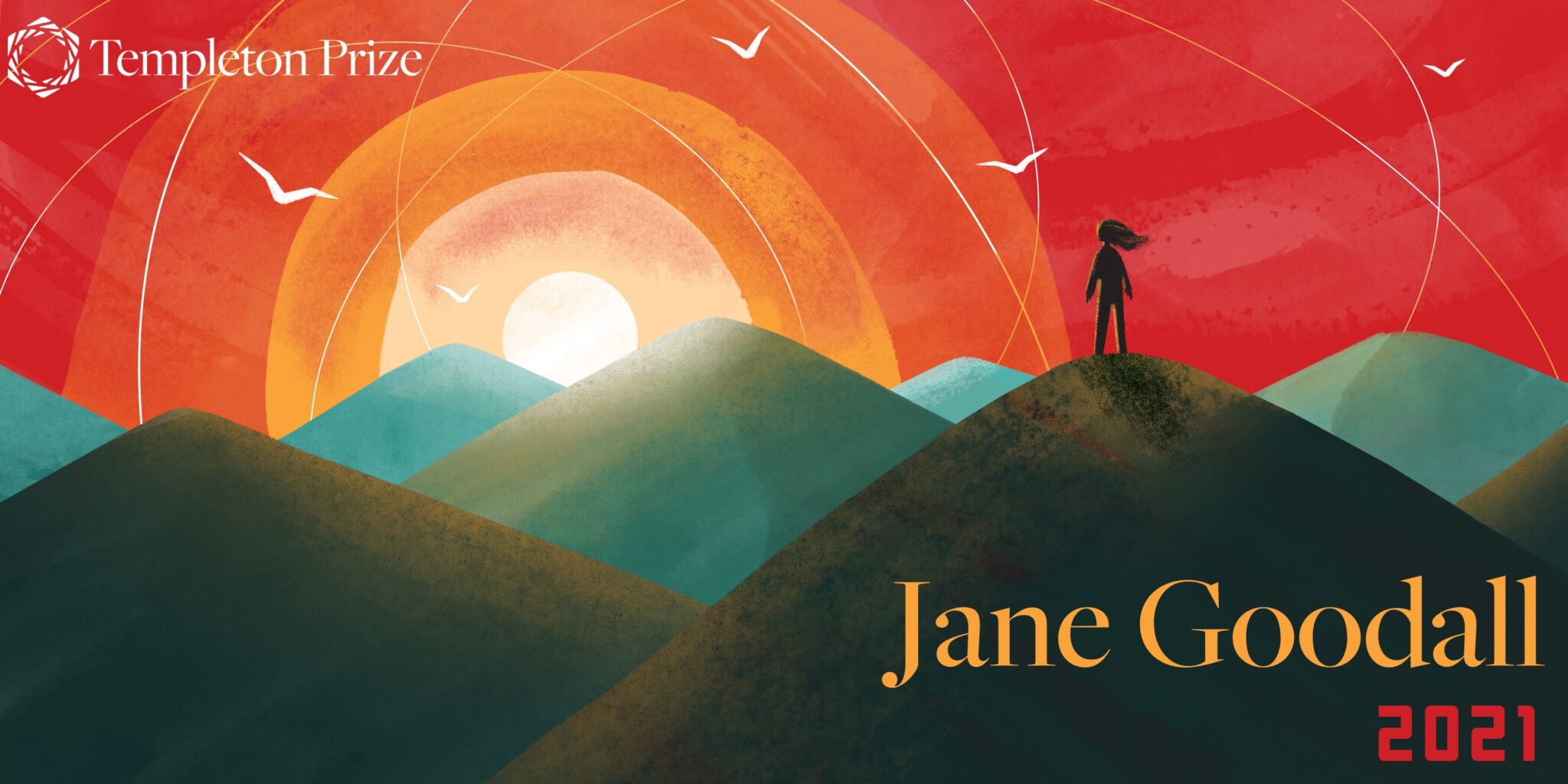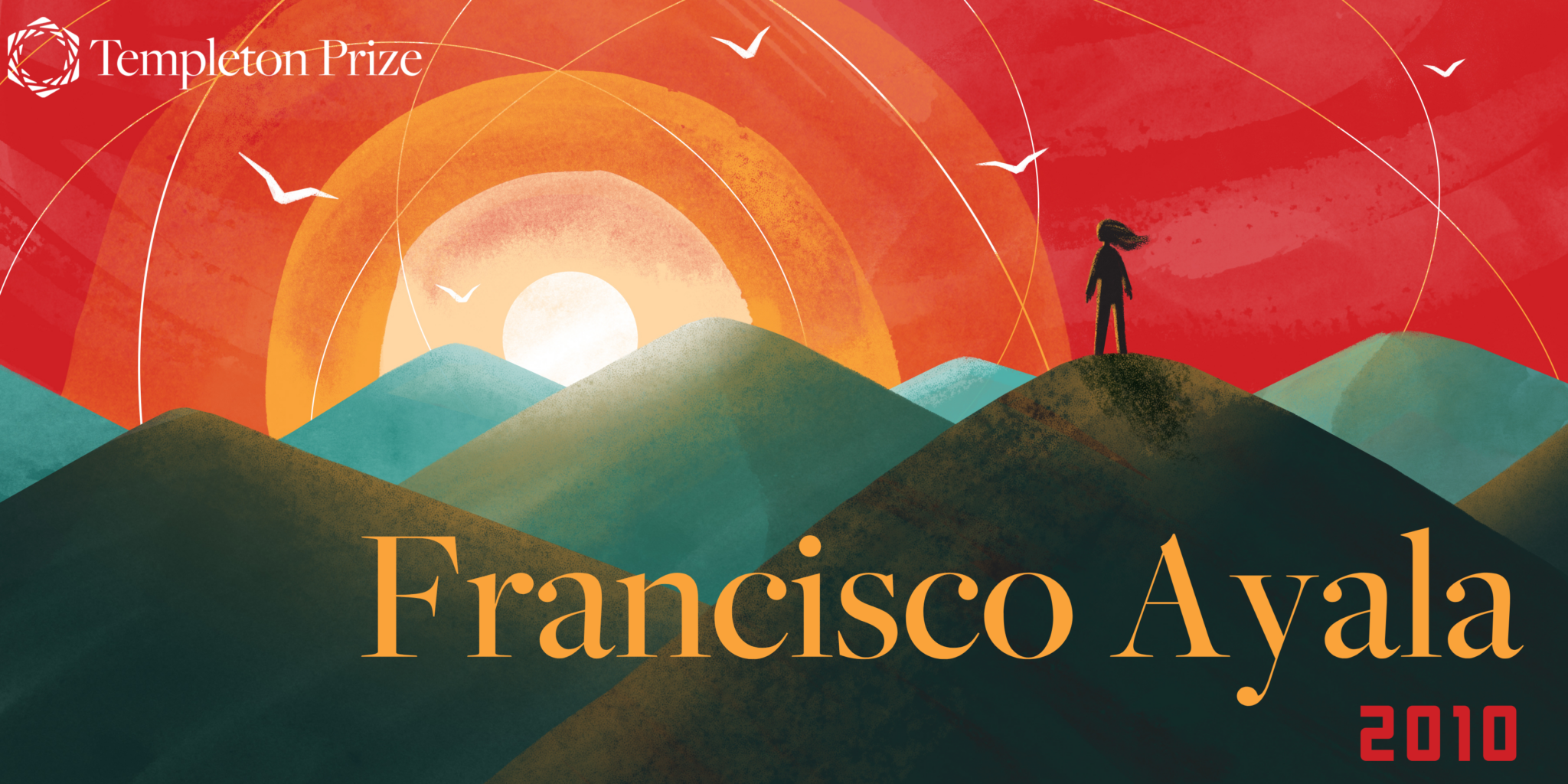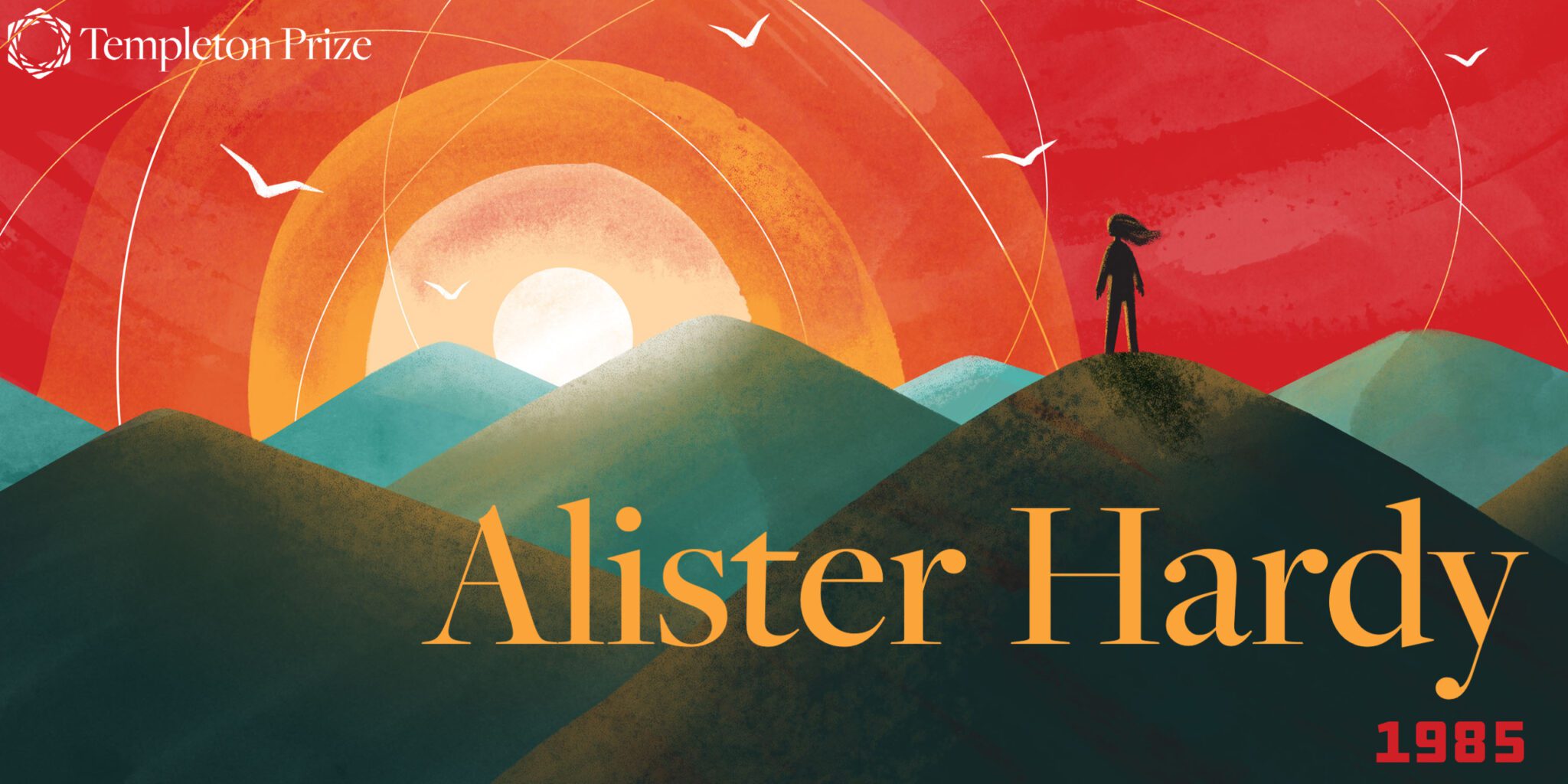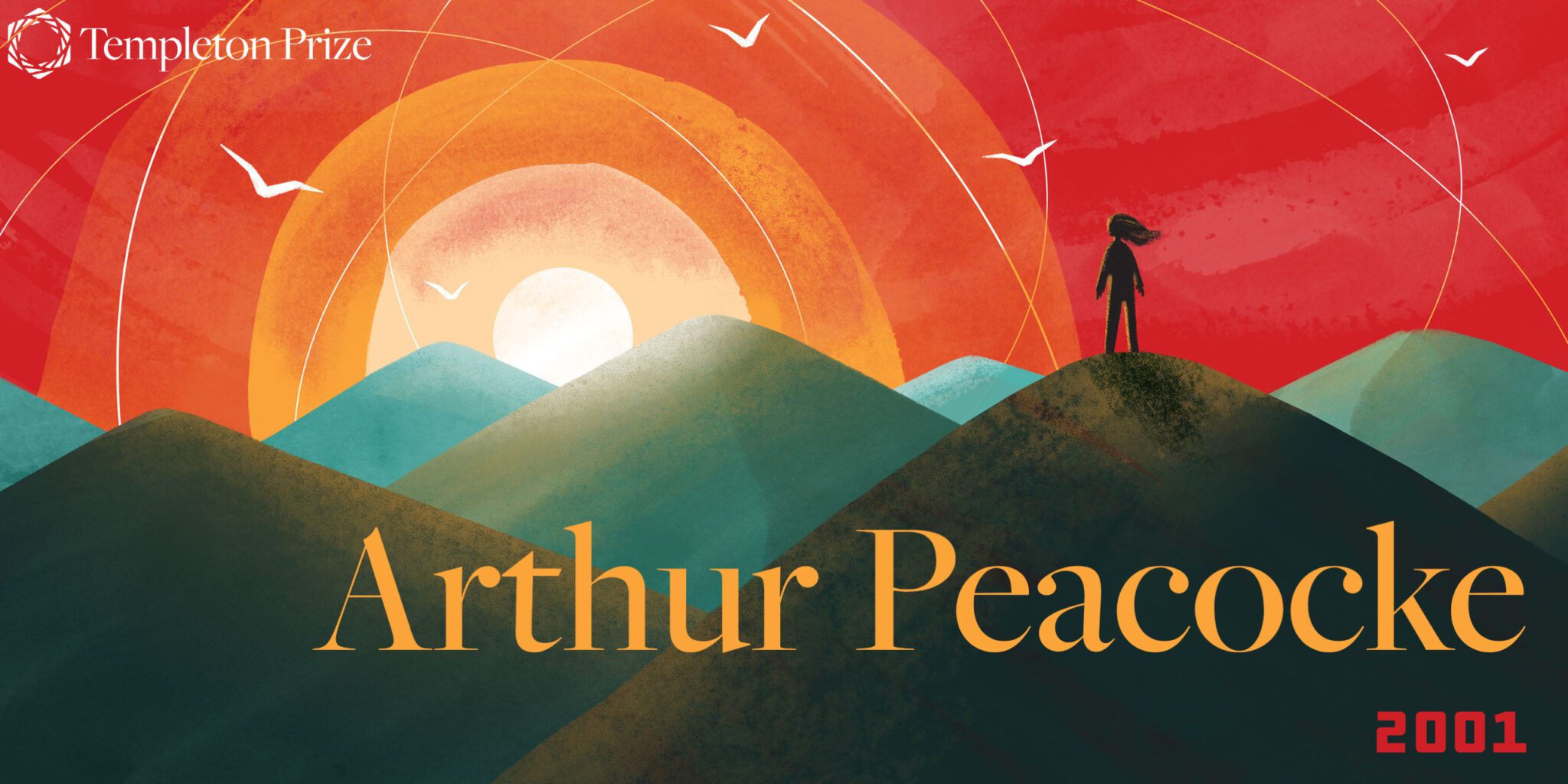In 1973, the first Templeton Prize was given to Mother Teresa. In 2023, we celebrate the 50th anniversary of this award. Over the next 52 weeks, we will highlight each of our laureates and reflect on their impact on the world. From humanitarians and saints to philosophers, theoretical physicists, and one king, the Templeton Prize has honored extraordinary people. Together, they have pushed the boundaries of our understanding of the deepest questions of the universe and humankind’s place and purpose within it, making this (we humbly think) the world’s most interesting prize.
Dr. Jane Goodall, DBE, founder of the Jane Goodall Institute and a UN Messenger of Peace, is a world-renowned ethologist and conservationist whose groundbreaking discoveries changed humanity’s understanding of its role in the natural world.
Born on April 3, 1934 in London, England, Goodall was fascinated by animals at a young age. Her mother was extremely supportive of her interests, and in 1957 she traveled to Kenya to visit a family friend’s farm. There, she met paleoanthropologist Dr. Louis Leakey, who hired her as his secretary and later encouraged her to study primate behavior in London.
In 1960, she began her landmark study of chimpanzee behavior in what is now Tanzania. Her research in Gombe revolutionized the field of primatology; not only did she observe that chimpanzees engaged in activities such as creating tools, but she also proved that they have individual personalities, forethought, and complex societies – all previously believed to be exclusive to humans. These findings changed the perception of the mental, emotional, and social complexity of animals and redefined the relationship between humans and the rest of the animal kingdom. Her approach to studying chimpanzees was groundbreaking in its emphasis on long-term, immersive observation and respect for the animals as individuals. Her methods have since become a model for ethological research and wildlife conservation practices.
Goodall’s legacy extends well beyond her research. She founded the Jane Goodall Institute (JGI) in 1977 to continue her work to study and protect chimpanzees and to inspire individual action by people of all ages to protect the world we all share. Her environmental and humanitarian program, Roots & Shoots, empowers young people to affect positive change in their communities. She is also a United Nations Messenger of Peace and an icon to millions around the globe. Goodall has remained dedicated to fostering a deeper understanding of the natural world, and she continues to inspire people to take an active role in preserving the planet for future generations.
Goodall was awarded the 2021 Templeton Prize in celebration of her remarkable career, which arose from and was sustained by a keen scientific and spiritual curiosity. Raised Christian, she developed her own sense of spirituality in the forests of Tanzania, and has described her interactions with chimpanzees as reflecting the divine intelligence she believes lies at the heart of nature.
Due to the covid-19 pandemic, two Templeton Prize events for Goodall were held a year later in 2022; one in London, England, and one in Los Angeles, California. Goodall was the first ethologist and the fourth woman to receive the Templeton Prize.
“I have learned more about the two sides of human nature, and I am convinced that there are more good than bad people. There are so many tackling seemingly impossible tasks and succeeding. Only when head and heart work in harmony can we attain our true human potential.”
—Jane Goodall
“When I was in Gombe, particularly, I felt very, very close to a great spiritual power. I felt this spiritual power in every living thing. We call it our soul. Well, if we have a soul, then that spark of energy is in chimpanzees. They have souls, even though most people wouldn’t think about it that way. And the trees, they have a soul, too. They have a spark of that divine energy.”
—Jane Goodall



